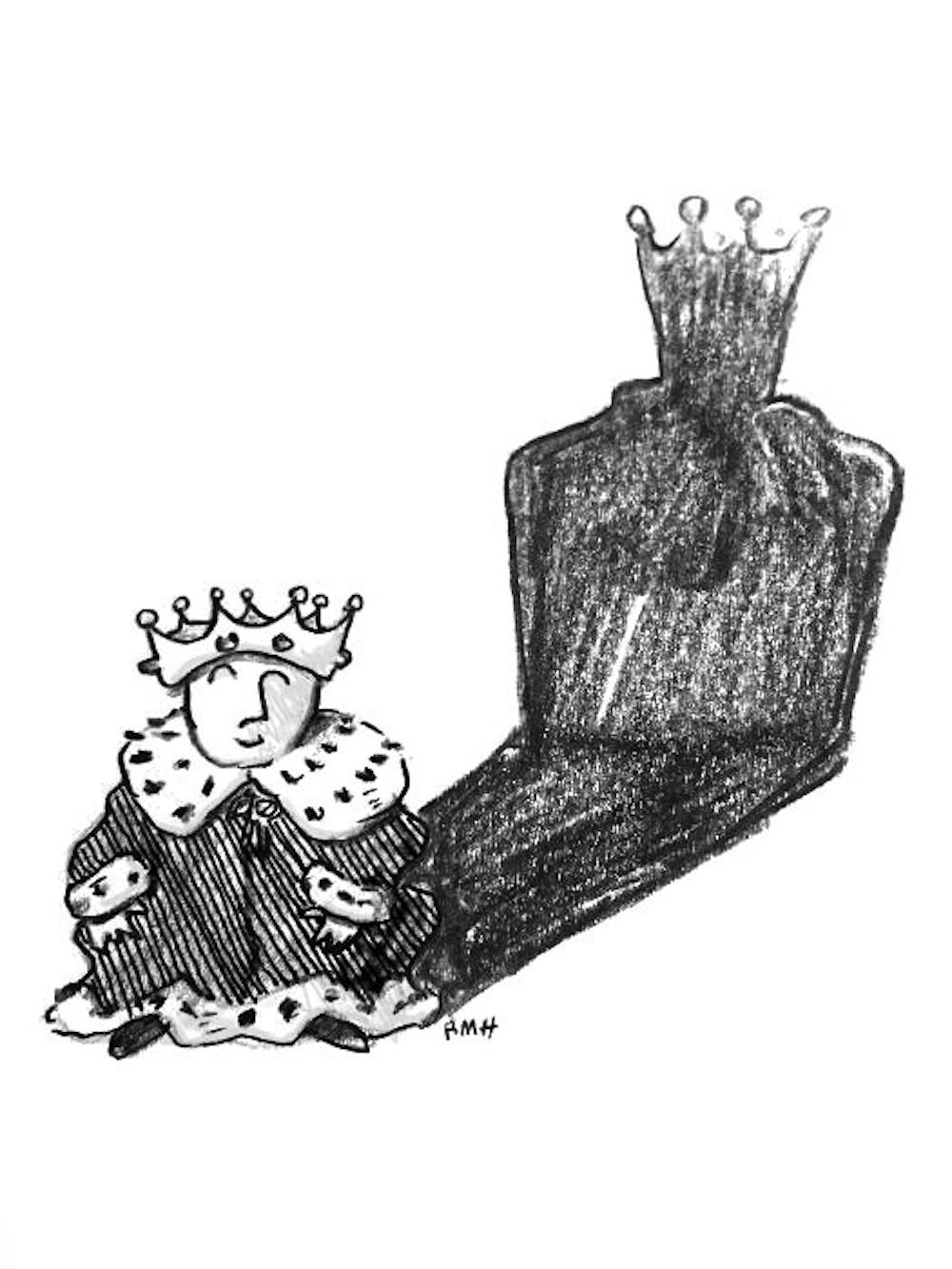University researchers examined how people judge competence and morality based on observed levels of self-enhancement in a study published Oct. 4. In online surveys, participants assessed male characters who claimed to be above or below average in conjunction with evidence that supported or refuted their claims and then rated the competence and morality of each character.
The study was conducted in two parts with about 200 participants each, and data were collected through an Amazon-run program called Mechanical Turk that pays subjects small fees to complete surveys.
Results showed that when a character claimed to be above average, participants were convinced of his competence, judging him as “intelligent” and “rational,” said Patrick Heck, a sixth-year graduate student in cognitive, linguistic and psychological studies and co-author of the study. “But they think (he’s) not as moral. Maybe not as likeable, not as trustworthy, not as ethical. The paradox is that if you claim to be worse than average, people think that you’re moral, but they think that you’re less competent.”
This “humility paradox” forces individuals to choose between giving off an impression of morality and giving an impression of competence. Difficulties arise when the goal is to present yourself as both moral and competent, like on a date, Heck said.
Previous research had shown a conflict between studies on how people judged self-aggrandizers, said Don Moore, professor at the Haas School of Business at the University of California at Berkeley. A paper of Moore’s found that “people who think they’re better than they are get treated with respect and elevated to positions of status,” he said. But another paper led by University of Leuven professor Vera Hoorens concluded that when people described themselves as more virtuous than they really were, “others disliked them and shunned them,” Moore added. By differentiating between competence and morality in judgements, this study forged a “reconciliation” between the two, Moore said, adding that the power of the difference surprised him.
But the paper is not without limitations. Heck noted that results might have differed if female characters had been used in place of male ones. These results were also specific to the U.S. population, Heck said, adding that responses would “absolutely” vary geographically and culturally worldwide.
The situation studied by Krueger and Heck is not necessarily common in everyday life. Frequently, we don’t know whether people’s self-enhancing claims are true, said Mark Alicke, professor of psychology at Ohio University. Envy could even come into play, and modesty might not always be valued, he added.
“I was intrigued to see what looked like a real benefit to humility in the domain of morality,” said Daniel Ames, professor of business at Columbia, adding that even the highly moral subjects benefitted from describing their morality as average. But this “humility effect didn’t appear to extend to the domain of competence,” he said. Competent subjects were perceived as more competent when they described themselves as above-average in this realm.
The study opened with a quote from Republican nominee Donald Trump. Cutting off reporter Leslie Stahl on CBS’s “60 Minutes” after she said that Trump is “not known to be a humble man,” he said, “I think I am actually humble. I think I’m much more humble than you would understand.”
“He has the benefit of claiming to be a very smart or competent or rich or intelligent person,” Heck said, adding that observers who do not see the evidence countering that characterization might perceive him as competent.
“I don’t know how his supporters stomach it,” Moore said. “But his eager self-aggrandizement is off-putting to many.”
Trump supporters “are certainly smart enough to know that 70 percent of what he’s saying is outright lies,” Alicke said. “They like what he’s saying emotionally, even though they know it has no cognitive context.”
In contrast, Democratic nominee Hillary Clinton “claims to be competent, and the evidence backs that up. So she’s seen as a competent person,” Heck said, but she is often viewed as somewhat cold. “If she (were) to present herself as a little bit more humble, people might warm up to her a little more,” he added.
Alicke noted that the study gets at the essence of a saying attributed to Muhammad Ali: It’s not bragging if you can back it up. “I never believed that adage,” Alicke said. “It still sounds like bragging to me.”





